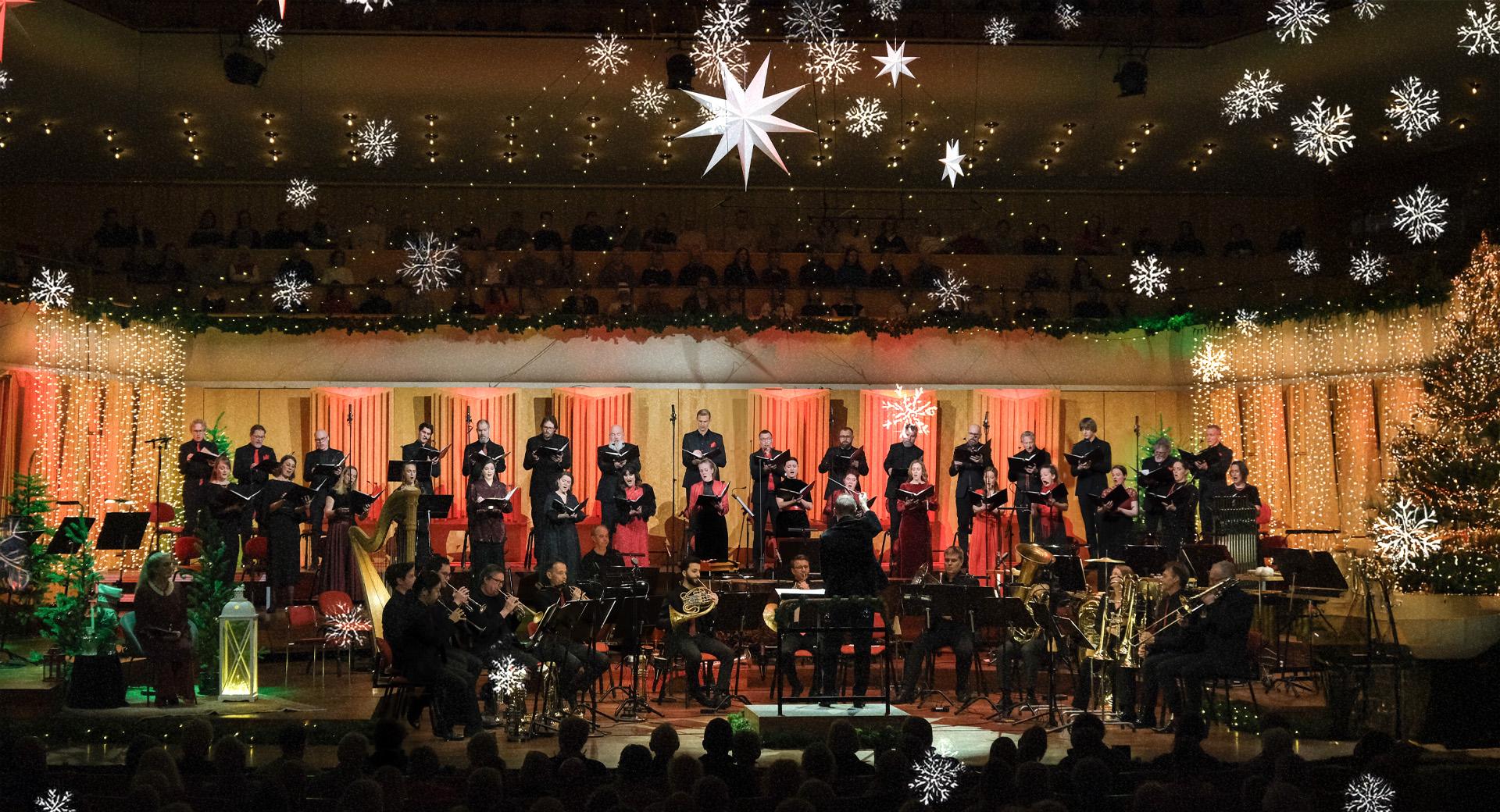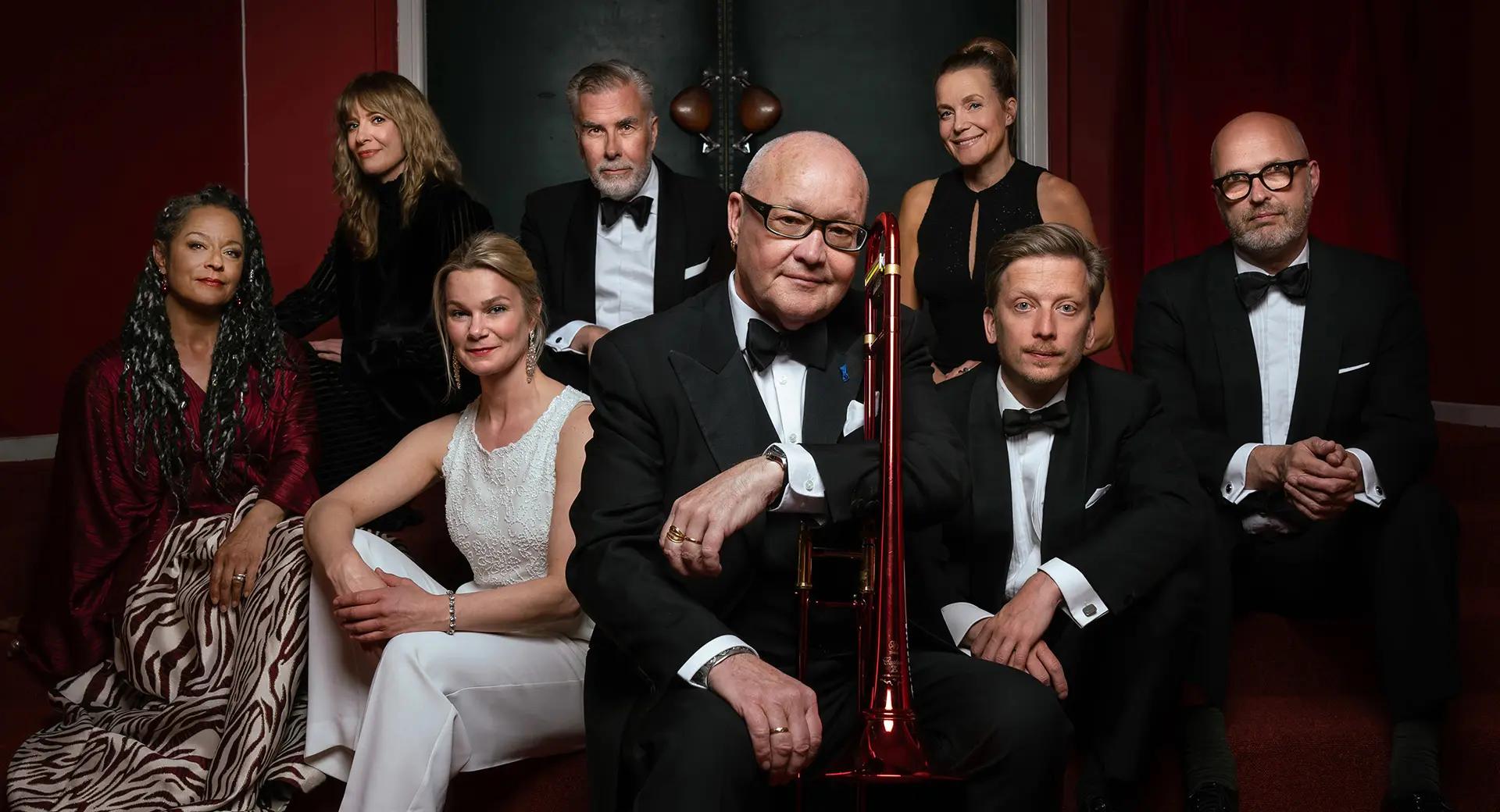Walpurgis Concert in Berwaldhallen
This production is part of one or more concert series.
The concert was played on Thursday 30 April 2020 and livestreamed on Berwaldhallen Play and at Swedish Radio P2. You may reexperience the concert 30 days afterwards.
Susanna’s and Figaro’s expectations on their upcoming wedding are palpable in the festive overture to Mozart’s opera Le Nozze di Figaro. Count Almaviva has expectations of his own, however, of exercising his right to the first wedding night with the bride. In The Barber of Seville, which takes place several years before Le Nozze di Figaro, the eponymous barber Figaro helps his good friend Almaviva woo his beloved Rosina, but their marriage turns sour in the time that passes between the two operas. In Dove sono i bei momenti, Countess Rosina recounts her lost happiness and the moments of joy and intimacy that have turned into lies, falsehood and anguish.
Like the emotionally drained Countess Rosina, Ariadne – abandoned by her lover Theseus – mourns her loss on the deserted island of Naxos. If only the god Hermes, she laments in Es gibt ein Reich, could transport her to the land of the dead where everything is pure. To live, she states, is but a burden, but he can purify her heart from life’s devastating torment.
Franz Berwald struggled with his career as a composer, never truly getting that big break. He had much greater success as a ground-breaking orthopaedist, and later also the manager of a glass factory at Sandö north of Härnösand in the middle of Sweden. Berwald probably had great expectations on his opera Estrella de Soria when it finally opened at the Stockholm Opera and received positive reviews. However, is next and final opera, The Queen of Golconda, didn’t open until long after Berwald’s death.
Expectations are central to the plot in Così fan tutte, where the petty Don Alfonso promotes his belief in women as notoriously unfaithful. Thus, Dorabella and Fiordiligi are subjected to a malicious test by their grooms-to-be, but Fiordiligi staunchly maintains that she will be as steady as a rock, Come scoglio, if faced with any temptations. Wagner’s only comedic opera, Die Meistersinger von Nürnberg, centres on the young lovers Eva and Walter. Before they can be wed, Walter has to win the city’s singing competition. Fortunately, they have a friend in master-singer Hans Sachs, and it is to him that Eva sings O Sachs! Mein Freund! in the opera’s third act.
Chrysanthemum, also known as florist’s daisy, is an attractive feature of garden beds and window boxes alike. It has been around in China since around 500 BC where it was historically regarded as a medicinal herb. According to a medical material from around 200 AD, Chrysanthemum ”alleviates the body, slows down ageing and prolongs life”. In his string quartet piece I Crisantemi, Puccini probably wanted to convey the sheer beauty of the flower, but followers of the ancient Chinese medical teachings may have expected it to bring them closer to the divine.
Francis Poulenc’s seven songs are gentle and thoughtful settings of poems by Paul Éluard and Guillaume Apollinaire. The texts grow from pangs of yearning to expressions of desire, and back. None of the seven songs are particularly long, so they leave you wanting more rather than wishing they’d been even shorter. While recognisably French throughout, the songs themselves offer some variation, from the sweeping La blanche neige to the languishing Par une nuit nouvelle, and the final song, Luire, with its contrasting pastoral lyrics and powerful, declamatory music.
19th century monarch Prince Gustaf of Sweden and Norway, who was also an active composer under the artist’s name “G*****”, is remembered today for a few works in particular. One of them is his Spring song, more commonly referred to by the first few words in the lyrics, “Glad såsom fågeln” or “Merry like the bird”, or even – at least among children’s or school choirs – as simply “Glad sås”, which literally translates as “Merry sauce”. The same is true of Jacob Axel Josephson’s Serenade, a title neither as unique nor as memorable as the poetic opening words, “Stjärnorna tindra re’n” or “The stars already glitt’ring”.
Text: David Saulesco



